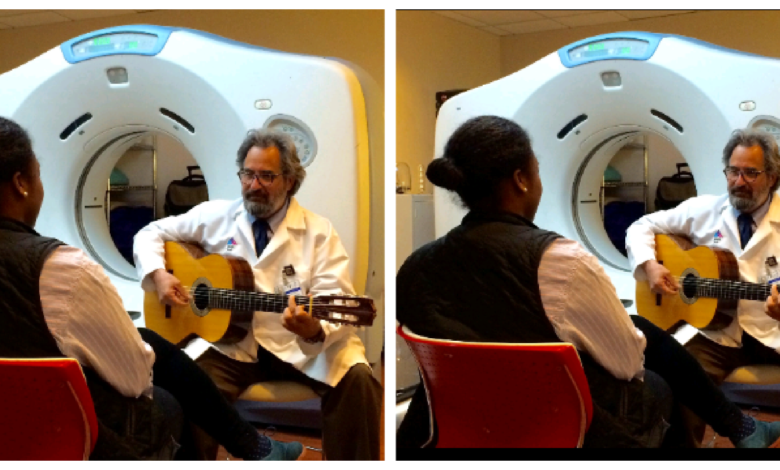5 ways music might be therapy for mental health

Music therapy is a creative art therapy that can support mental health in various ways. Here are five ways music can be therapy for mental health:

Identifying and labeling emotions: Music therapy can help individuals identify and label their emotions in a safe environment, which can transfer over into better communication of feelings and needs in other situations.
Reducing anxiety and depression: Music has been shown to lower levels of the stress hormone cortisol, decrease heart rate and blood pressure, and provide anxiety relief when in a stressful situation.
Improving mood: Music can alleviate feelings of restlessness, nervousness, and anxiety, and it reduces worrying. People with chronic illness or severe stress are happier, less depressed, and less lonely after receiving music-based therapy.
Making exercise more fun: Music can help people enjoy exercise more, which can lead to better physical and mental health.
Connecting with others: Making music with others can connect individuals with new people and provide a sense of belonging.
Listening to music, including going to concerts or dancing with others at a club, is also a great way to socialize through music.
Music therapy can use a variety of different music interventions to help address cognitive, physical, emotional, and social needs.
Music can be a source of pleasure and contentment, and it can improve the mind’s relaxation, energize the body, and even help people better manage pain.



